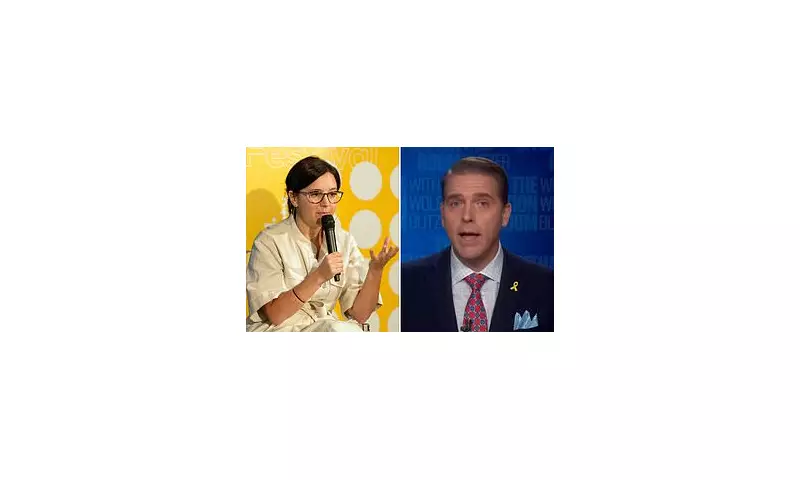
American television network CBS has sparked a major controversy after abruptly cutting away from conservative commentator Scott Jennings during a live political debate. The incident occurred during a segment discussing the Democratic National Convention and party unity.
The Heated Exchange That Led to Censorship
The controversy unfolded during a panel discussion featuring Jennings alongside liberal commentator Leslie Marshall. As Jennings began challenging the narrative of Democratic unity, specifically mentioning progressive factions' dissatisfaction, the network unexpectedly terminated his feed.
Viewers witnessed Jennings mid-sentence stating "The Bernie Sanders wing of the party is not happy" before his audio and video were completely cut off. The abrupt termination left anchor Elaine Quijano visibly flustered as she attempted to recover the segment.
Immediate Backlash and Accusations of Bias
The incident prompted immediate criticism from media figures across the political spectrum. Fox News anchor Bret Baier expressed astonishment, while journalist Bari Weiss highlighted the incident as emblematic of broader issues in media discourse.
Social media erupted with accusations of censorship and political bias, with many commentators questioning why Jennings' perspective warranted such dramatic intervention. Critics argued that cutting a guest for merely expressing a contrary political viewpoint represented a troubling precedent for journalistic standards.
Network Response and Justification
CBS initially defended their actions by claiming technical difficulties, though this explanation was met with widespread scepticism given the timing and political nature of the discussion. The network later suggested Jennings had violated discussion parameters, though specific violations weren't detailed.
The incident has reignited debates about media impartiality and the treatment of conservative voices on mainstream networks. Many are questioning whether such actions undermine public trust in journalistic institutions during an already polarized political climate.
Broader Implications for Media Discourse
This event occurs against a backdrop of increasing scrutiny of media practices and accusations of political bias from both sides of the spectrum. The handling of the Jennings segment has become a flashpoint in ongoing discussions about:
- Editorial standards in live broadcasting
- The balance between moderation and censorship
- Treatment of dissenting political viewpoints
- Audience trust in mainstream media outlets
As the story continues to develop, it raises fundamental questions about the state of political discourse in modern media and whether viewers are receiving balanced coverage or curated narratives.
